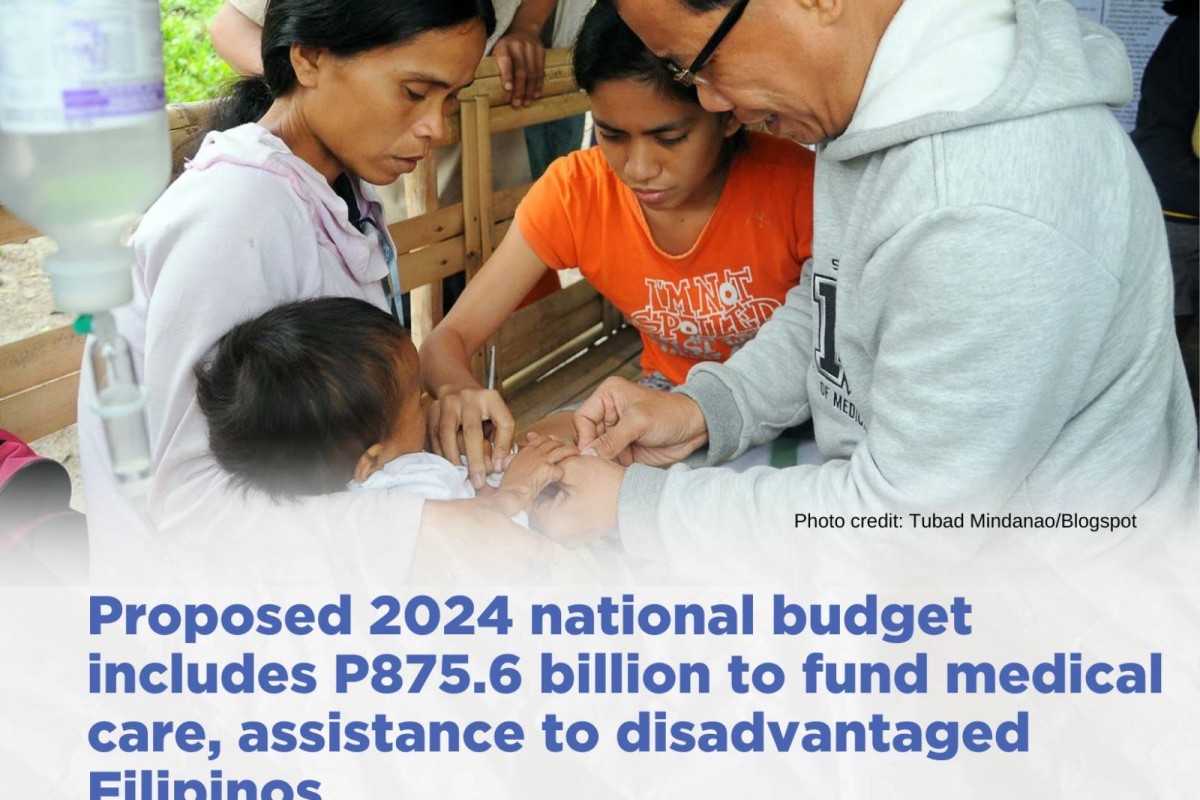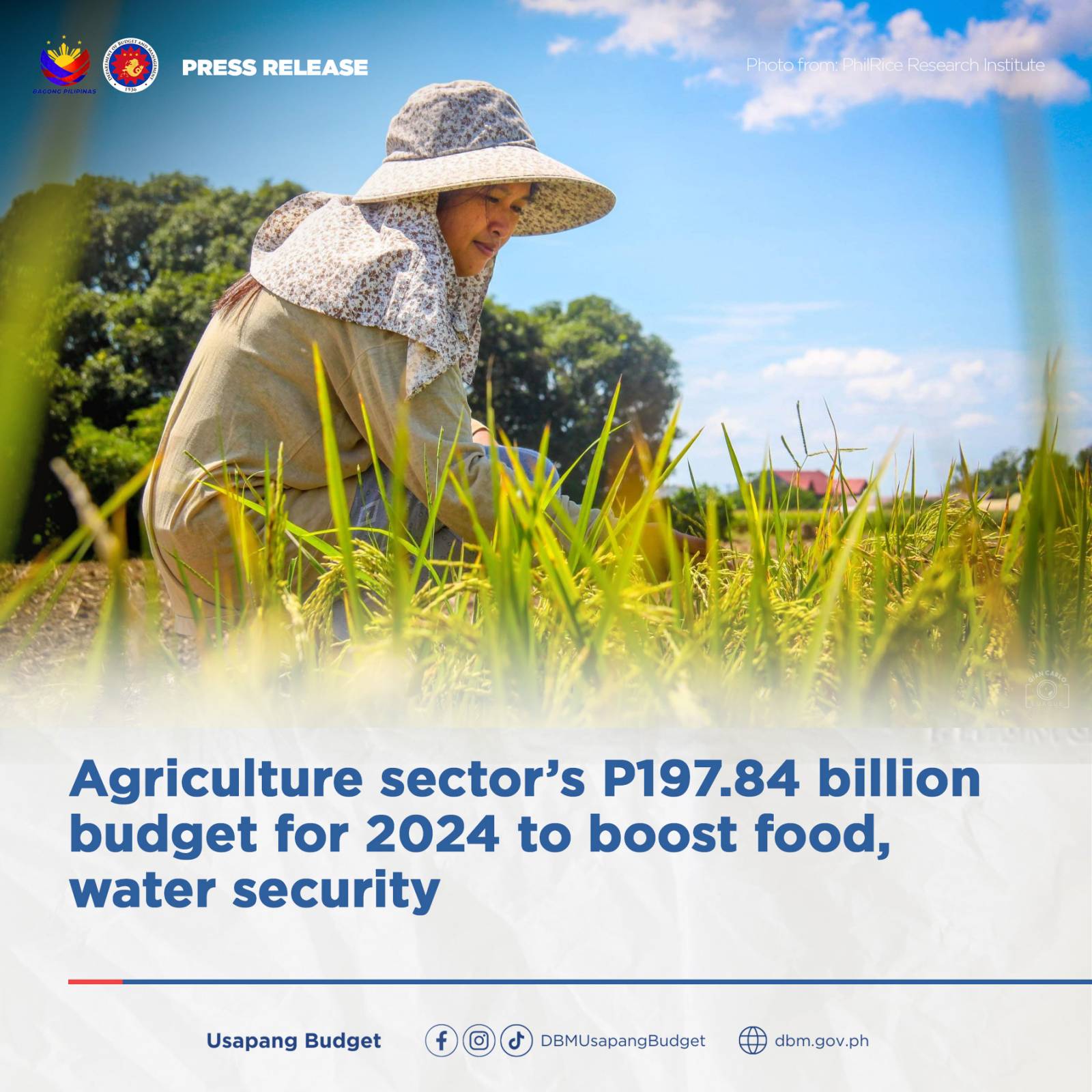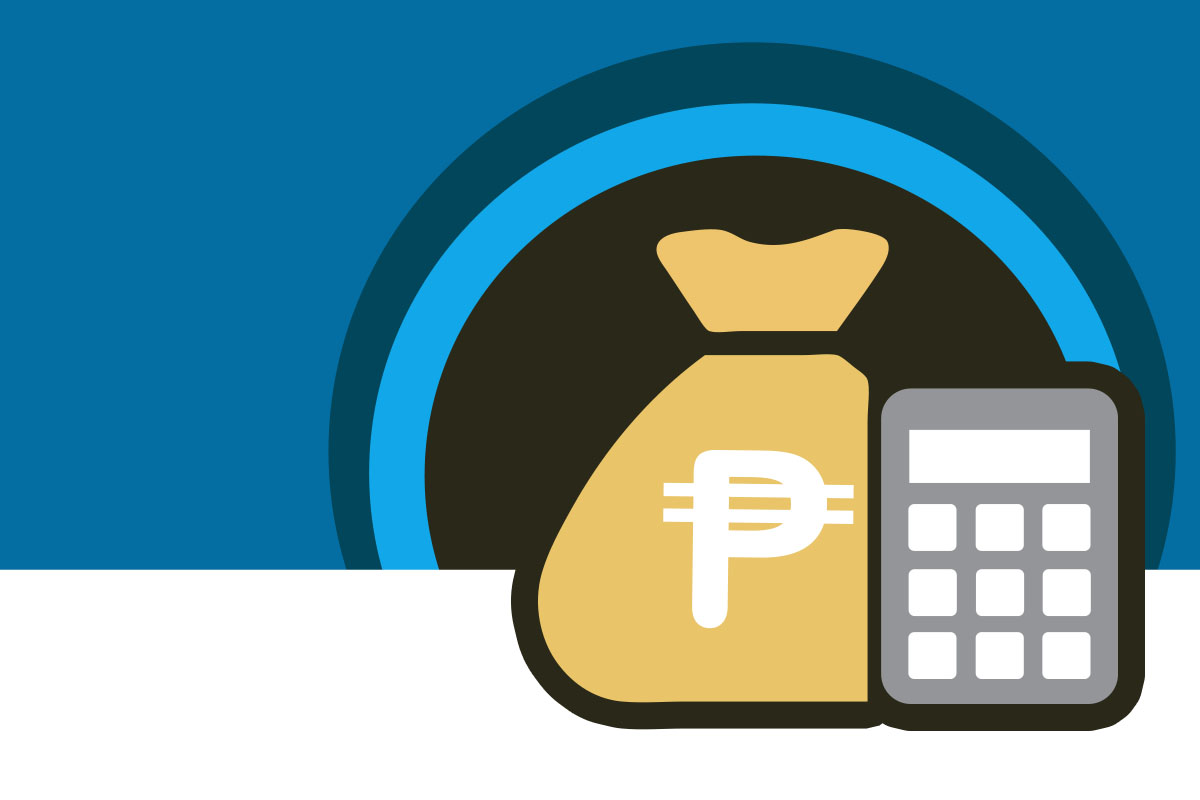MANILA -- The national government has proposed a significant budget of P875.6 billion for the provision of medical care and support to underprivileged Filipinos.
Department of Budget and Management (DBM) Secretary Amenah F. Pangandaman emphasized the government's commitment to utilizing every aspect of the Fiscal Year 2024 National Expenditure Program (NEP) to align with President Ferdinand R. Marcos, Jr.'s Agenda for Prosperity.
_"Let me remind everyone that every peso in the P5.768 trillion FY 2024 national budget was optimized so we can remain on track with our Agenda for Prosperity. It is the administration's fervent hope that this budget will continue to lay the groundwork for future-proofing the economy and making the country's growth inclusive and sustainable, not just for the Filipinos today, but also the future generations,"_ said Secretary Pangandaman.
President Bongbong Marcos, in his Budget Message, pointed out the administration’s efforts to provide free healthcare to the public.
_“By eliminating barriers to healthcare, such as financial constraints or discrimination, we can ensure that essential medical care will be accessible to all,”_ said the President.
For instance, the National Health Insurance Program of the Philippine Health Insurance Corp. (PhilHealth) will have a budget of P101.5 billion to subsidize the health insurance needs of the following: 12.75 million indigents under the National Household Targeting System; 8.26 million senior citizens under Republic Act (RA) 10645 or the Expanded Senior Citizens Act of 2010; 136,030 unemployed persons with disability; 15,683 financially-incapable point-of-service patients; and 25,512 PAyapa at MAsaganang PamayaNAn beneficiaries.
In addition, the amount of P22.3 billion will be available to extend Medical Assistance to 1.31 million Indigent and Financially-Incapacitated Patients.
Cancer Control, Assistance Fund
A total of P1 billion will fund the Cancer Control Program for the Prevention and Control of Non-Communicable Diseases, plus another P1 billion for the Cancer Assistance Fund.
An allotment of P8.3 billion will fund Family Health and Responsible Parenthood programs consisting of Immunization (P7.1 billion), Family Planning and Reproductive Health (P750 million), Oral Health (P212 million), and Nutrition (P176 million).
Support for Health Workers
Funds amounting to P18 billion will be allotted to the National Health Workforce Support System for health workers in remote, depressed areas.
A separate P20 billion will go to the health emergency allowance and COVID-19 compensation package for both eligible healthcare and non-healthcare workers.
Mental Health Commodities
The government will likewise help Filipinos suffering from the psychiatric effects of the pandemic.
An allotment of P683 million will fund various products to bring relief to the mental health of 124,246 patients.
Nutrition for the Young
Hunger and nutrition issues, especially among the young, will be addressed via the Philippine Multi-Sectoral Nutrition Project, a collaboration between the Department of Health and the Department of Social Welfare and Development with a funding of P2.8 billion.
The project will consist of a comprehensive package of nutrition interventions to reduce stunting in 235 municipalities.
Feeding Programs
Another nutrition campaign, the School-Based Feeding Program, will be allotted P11.7 billion to provide hot meals and other food products for 220 days, and milk for 55 days, to malnourished students from Kinder to Grade 6.
Furthermore, the Supplementary Feeding Program will have P4.1 billion to provide supplementary hot meals to 2 million children enrolled in LGU-managed child development centers and supervised neighborhood play groups. This program aims to ensure the essential nourishment of children in their critical, early years.
A new addition to the government’s social protection projects is the Philippine Food Strategic Transfer and Alternative Measures Program (STAMP), which will be allotted P1.9 billion for its pilot run and implementation.
Yet another project to mitigate hunger and nutrition among financially challenged families is the provision of digital cards to buy food for 50,000 of the most food-poor households. (DBM)





